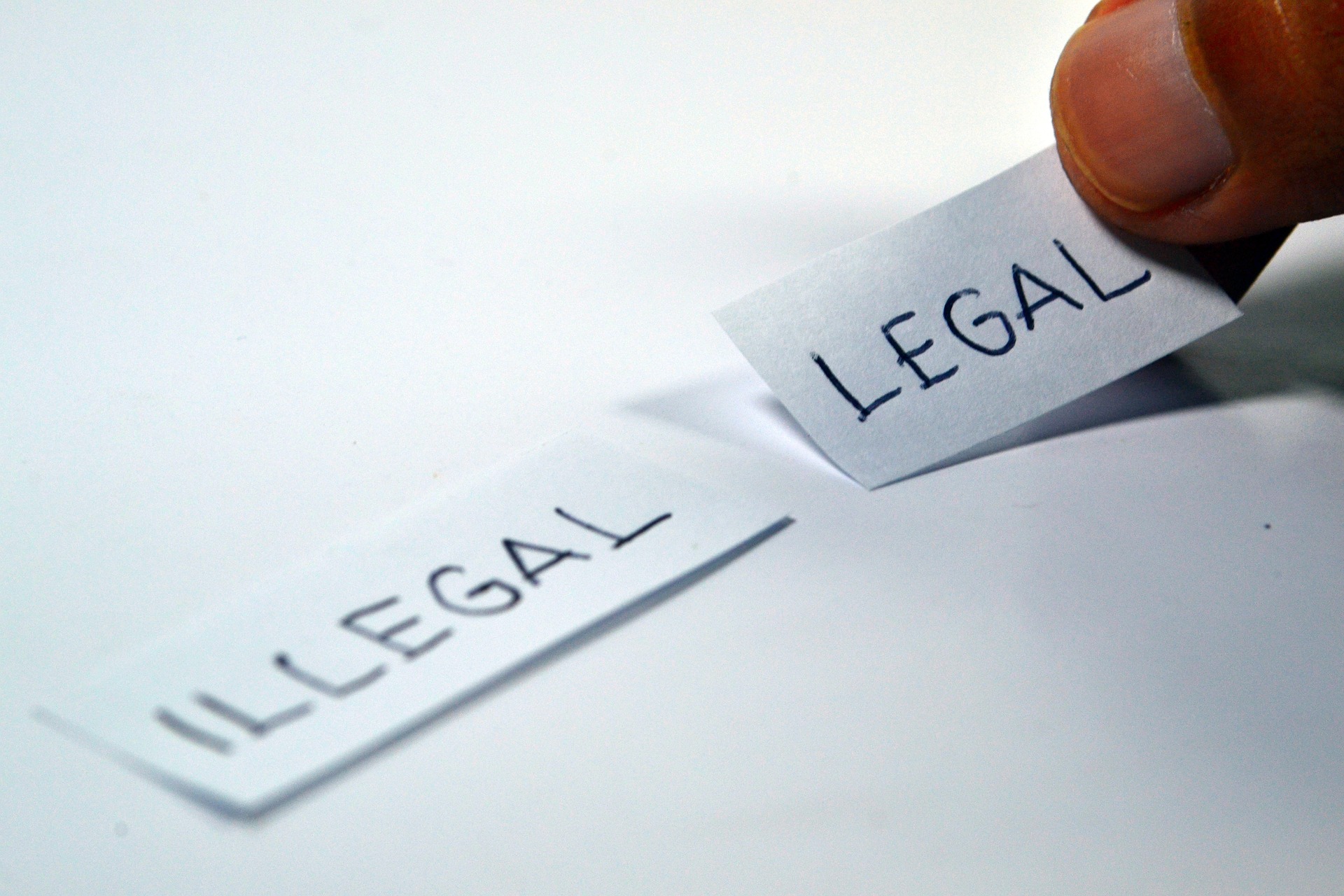Deciphering the Intricacies of Cyber Law: A Look at Intellectual Property Rights in the Digital Age
The digital age has brought a wave of technological advancements that have revolutionized how we live and work. One area that has been significantly affected is intellectual property rights. The enforcement of these rights in the cyber realm has led to numerous legal challenges and reforms. This article delves into the intricacies of cyber law, focusing on intellectual property rights, and examines the current legal landscape, recent developments, and the implications for society.

A Historical Recap: Intellectual Property Rights and the Internet
Intellectual property rights have been a cornerstone of legal systems for centuries, providing protections for inventions, designs, and artistic works. With the advent of the Internet, these rights have been thrust into a new, complex dimension. Digital platforms have made it easier to disseminate and reproduce intellectual property, leading to widespread piracy and copyright infringement. Over the years, lawmakers worldwide have been grappling with these challenges, resulting in numerous legislative reforms and landmark court rulings.
Current Legal Landscape: Laws and Court Rulings
Today, the legal landscape of intellectual property rights in the cyber realm is complex and multifaceted. Laws such as the Digital Millennium Copyright Act in the U.S and the EU’s Copyright Directive attempt to balance the interests of copyright holders with those of Internet users and service providers. Court rulings have further shaped this landscape, with cases like the Google Books lawsuit setting important precedents on issues like fair use and digital rights management.
Recent Developments: Legal Updates and Policy Discussions
In recent years, discussions around intellectual property rights in the digital realm have centered on two main issues: the liability of online platforms for user-generated content and the balance between copyright protection and freedom of expression. Proposed legislation like the Stop Online Piracy Act and ongoing debates about the role of intermediaries in copyright infringement reflect these concerns.
Implications and Impact on Society
The enforcement of intellectual property rights in the cyber realm has significant implications for society. On one hand, it protects creators and promotes innovation by ensuring that they can profit from their work. On the other hand, overly stringent enforcement can stifle creativity, limit freedom of expression, and impede access to information.
The Future of Intellectual Property Rights in the Digital Age
As technology continues to evolve, so too will the legal challenges around intellectual property rights in the digital realm. It’s clear that a delicate balance must be struck between protecting creators and ensuring the free flow of information and ideas—a challenge that will continue to shape the future of cyber law.
In conclusion, intellectual property rights in the digital age present a complex, evolving legal landscape. As we move forward, it’s crucial that we continue to scrutinize these issues, understanding their implications, and seeking a balance that respects both the rights of creators and the benefits of our digital society.




